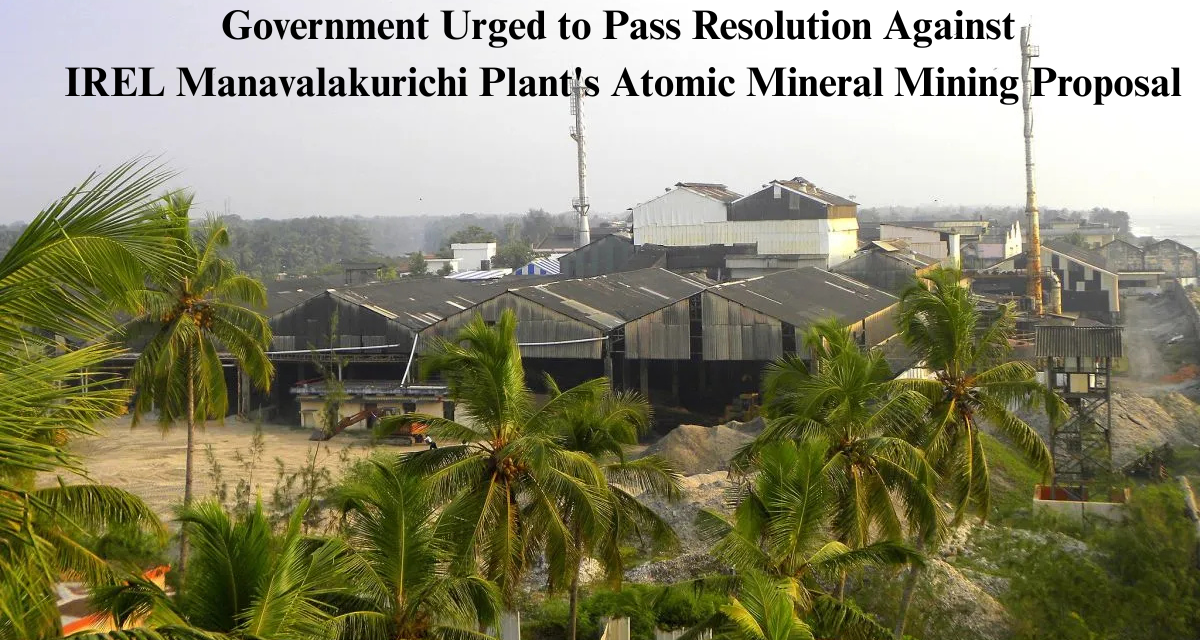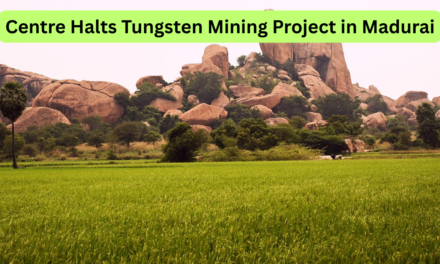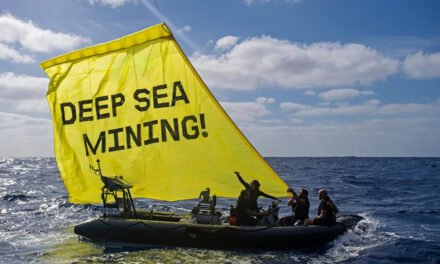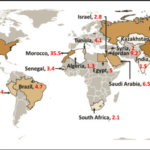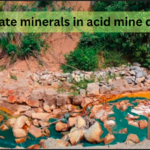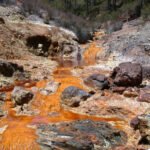In December 2024, the Movement Against Atomic Minerals Mining urged the Tamil Nadu Legislative Assembly to pass a resolution permanently closing IREL (India) Limited’s Manavalakurichi plant and halting its proposed atomic mineral mining project in Killiyoor taluk, Kanniyakumari district. This appeal mirrors a previous resolution against tungsten mining in Madurai.
IREL, operating in Manavalakurichi since the 1960s, extracts monazite and zircon to supply strategic materials for India’s atomic energy program. In 2015, the Department of Atomic Energy sought the state’s approval to reserve approximately 1,144 hectares in Kanniyakumari for mining. The Ministry of Mines issued a notification in 2021, designating areas in Keezhmidalam-A, Midalam-B, Enayamputhenthurai, Ezhudesam-A, B & C, and Kollencode-A & B villages in Killiyoor taluk for this purpose.
Opponents, including the Movement’s media head Kurumpanai C. Berlin and President P. Arul Anandan, argue that the mining operations pose health risks, such as increased cancer rates, and environmental issues like soil erosion and pollution, adversely affecting local communities. They have organized various protests and called for the state government to revoke the mining proposal and shut down the IREL plant. Anandan warned of a massive protest outside the IREL plant on December 31 if their demands were not met.
In response, IREL’s administration stated that their operations do not harm the health or livelihoods of locals and assured that the proposed mining activities would not negatively impact the community.
The situation highlights the ongoing conflict between industrial development and environmental and public health concerns in Tamil Nadu.

